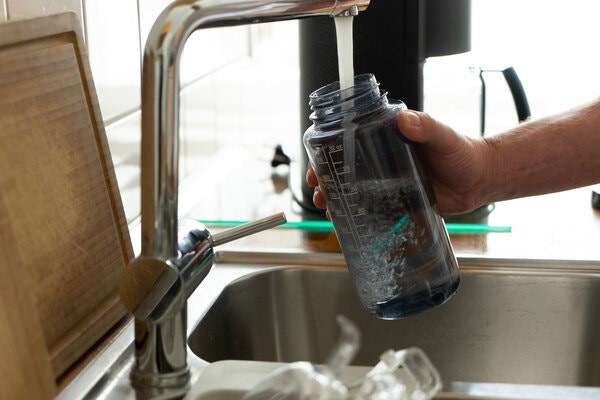Drinking-Water Is a Significantly Important Part of Your Life

If you’ve spent any time recently on social media or at a sporting event, you’ve almost certainly been blasted with messages encouraging you to drink more water. Gallon-sized bottles of water are the newest adornment among celebrities and influencers. Bots on Twitter keep reminding us to drink more water. Some plastic bottle has motivational words emblazoned on them, such as “Remember your goal,” “Start drinking,” and “Almost finished,” to motivate you to consume more all through the day.
Excessive water consumption is said to have numerous advantages, ranging from learning and memory and psychological health to the excitement and a more youthful appearance.
But what does it mean to “keep hydrated”? Dr. Joel Topf, a nephrologist and associate clinical professor of psychiatry at Oakland School in Michigan, explained that “when laypeople mention dehydration, they mean loss of any fluids.”
But, according to Kelly Anne, a kidney function scientist at the University of Alabama, that conclusion has been “totally taken out of context.” She believes that staying hydrated is crucial but that the simple task of drinking lots of water will make these people stronger is incorrect. It’s also not true that most people are habitually dehydrated or that we must drink plenty of water all day.
The balance between ions like salt and fluids in the body is the most crucial indicator of hydration, according to Dr. Topf. And you won’t have to drink glass after glass of water all day to stay hydrated.
Is it indispensable for me to drink that much water?
We’ve all been told that eight 8-ounce cups of water per day is the correct number for all, and that’s a fallacy, according to Tamara Hew-Butler, a Wayne State University activity, and sports researcher.
She explained that body size, external temperature, how hard you’re inhaling, and sweat would all affect how much you require. A 200-pound hiker who just completed a 10-mile trip in the heat will need more water than a 120-pound office manager who worked in a climate-controlled environment.
The volume of water you require your health determines each day. Someone who has cardiovascular disease or kidney problems, for instance, may require a specific dosage than someone who is taking diuretics drugs. If you’ve been sick with vomiting or diarrhea, you may need to regulate your food.
According to Dr. Topf, the most straightforward strategy for staying hydrated for the youngest, healthy people is merely drinking when thirsty. (Those in the late ’80s, for example, may need to pay extra attention to consuming enough fluids since thirst sensations can fade with age.)
And, contrary to widespread assumption, urine color does not correctly represent hydration status, according to Dr. Hew-Butler. Yes, dark yellow may indicate dehydration, but there is no scientific evidence to imply that the color alone should urge a drink.



